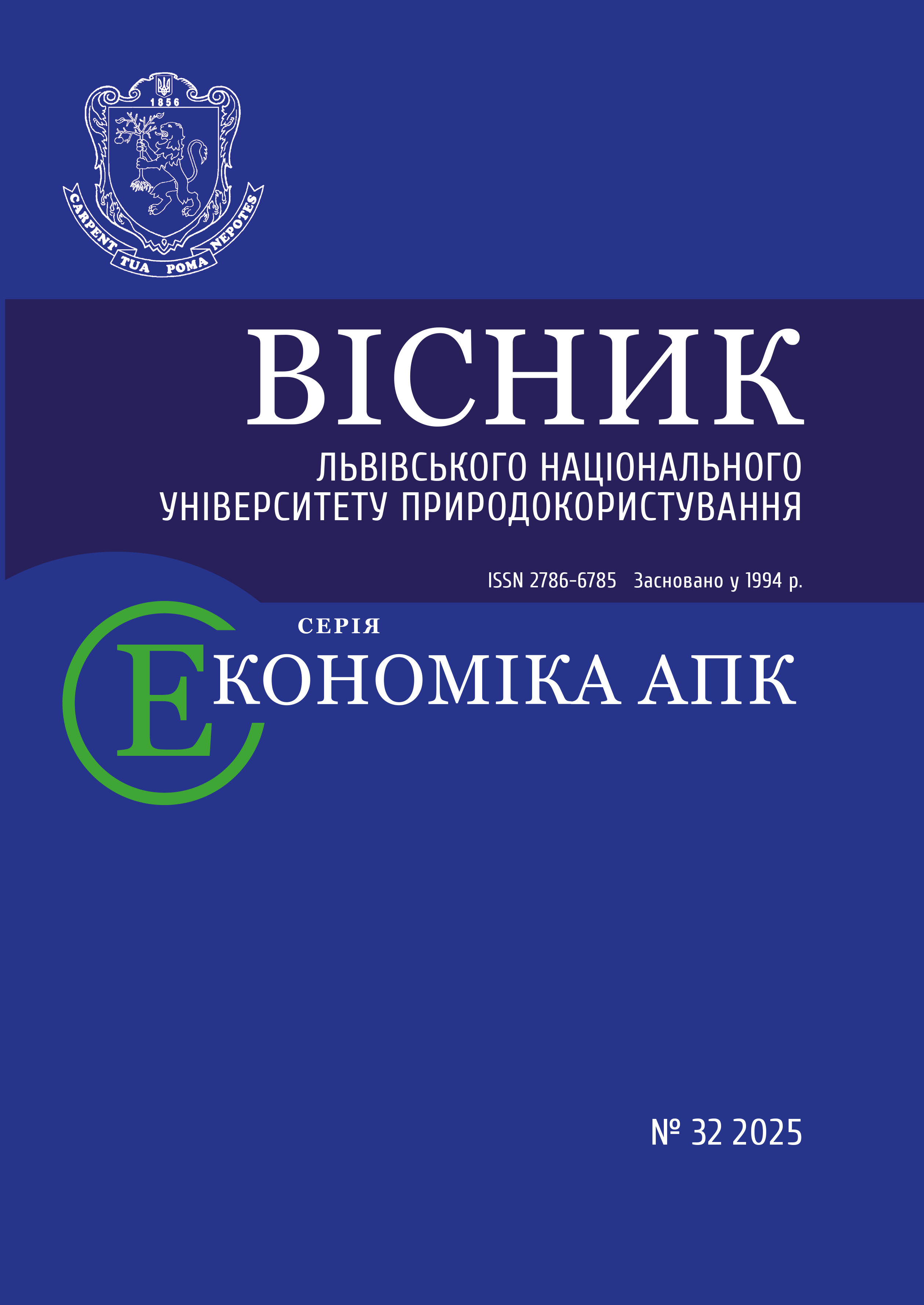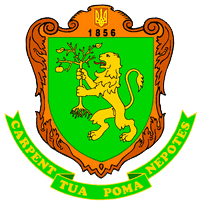INNOVATIVE STRATEGIES IN HR MANAGEMENT: MODERN TECHNOLOGIES AND EFFECTIVE APPROACHES
DOI:
https://doi.org/10.31734/economics2025.32.111Keywords:
HR management, HR analytics, modern technologies, innovative strategies, personnel recruitment, employee trainingAbstract
The importance of research on modern technologies in human resource management (HRM) stems from the necessity to enhance labour productivity, reduce employee turnover, and ensure business stability in an ever-evolving market landscape. Amid globalisation and the digitalisation of the economy, organisations are increasingly compelled to adopt innovative approaches to HRM that effectively address contemporary challenges and facilitate high performance. Modern HR technologies play a crucial role in automating various processes, including recruitment, onboarding, professional development, and employee motivation, all of which significantly enhance overall employee engagement and organisational productivity. Specifically, the integration of personalised learning methods, data analytics, artificial intelligence, and digital platforms not only streamlines conventional processes but also fosters an innovative work environment.
Personnel selection methods that leverage algorithms, headhunting, and outsourcing enable organisations to identify the most suitable candidates for specific roles, thereby minimising recruitment costs. Meanwhile, mentorship, coaching, and gamification practices facilitate the effective onboarding of new hires into the organisational culture and internal processes. In the realm of training, e-learning programs, learning management systems (LMS), and adaptive learning are pivotal, allowing employees to develop new skills and knowledge tailored to their requirements.
Employee motivation is a critical component of retention, and contemporary motivational strategies encompass both material incentives (such as salary, bonuses, and awards) and non-material options (including flexible schedules, career advancement opportunities, participation in corporate events, and employee stock ownership plans). Performance evaluation processes utilise tools such as 360-degree feedback, key performance indicators (KPIs), objectives and key results (OKRs), and Performance Reviews, which help identify strengths and areas for improvement.
The adoption of modern digital HRM systems facilitates the automation of career planning and corporate culture management, significantly reducing administrative costs and enhancing the efficiency of interactions between employees and management.
References
Horbachova I. V., Aksionova O. V. Innovations in HR Management: modern trends and the systematic approach of international companies. Scientific Bulletin of Uzhhorod National University. Series: International Economic Relations and World Economy. 2024. Issue 50. P. 37–42.
Novikova M. M., Shved A. B. Modern trends in HR Management development at Ukrainian enterprises. Problems of Economy. 2021. No 4 (50). P. 127–133.
Oliinyk I. Adaptation strategies of HR Management in the context of digitalisation and artificial intelligence. Economy and society. 2024. No 70. URL: https://doi.org/10.32782/2524-0072/2024-70-114.
Sheliuzhak I. H., Todoriuk S. I., Kyfiak V. I. Innovative methods of personnel development. Business Inform. 2020. No 3. P. 437–444.
Vodianka L. D., Ratushniak D. V., Luste O. O. Innovative methods of personnel selection in the digitalisation era. Business Inform. 2022. No 1. P. 403–409.


